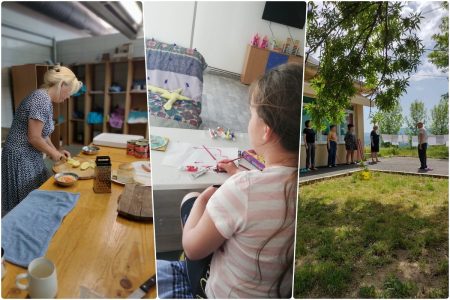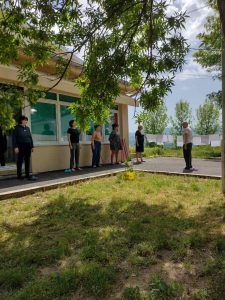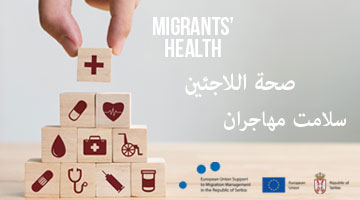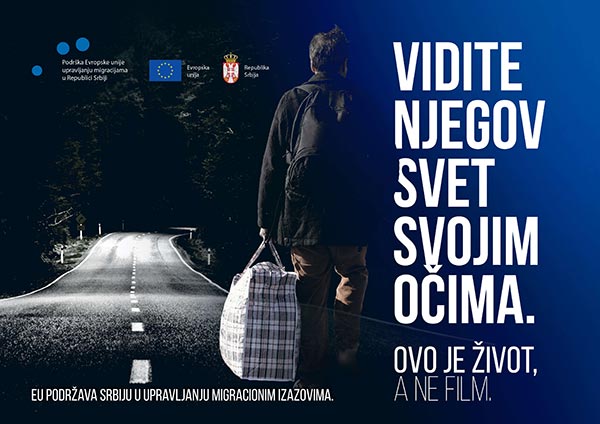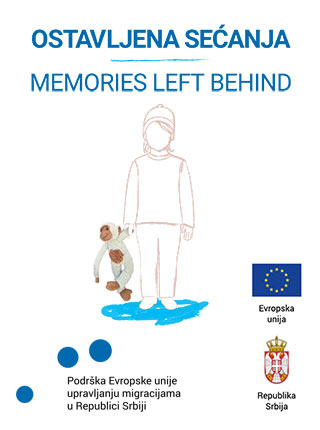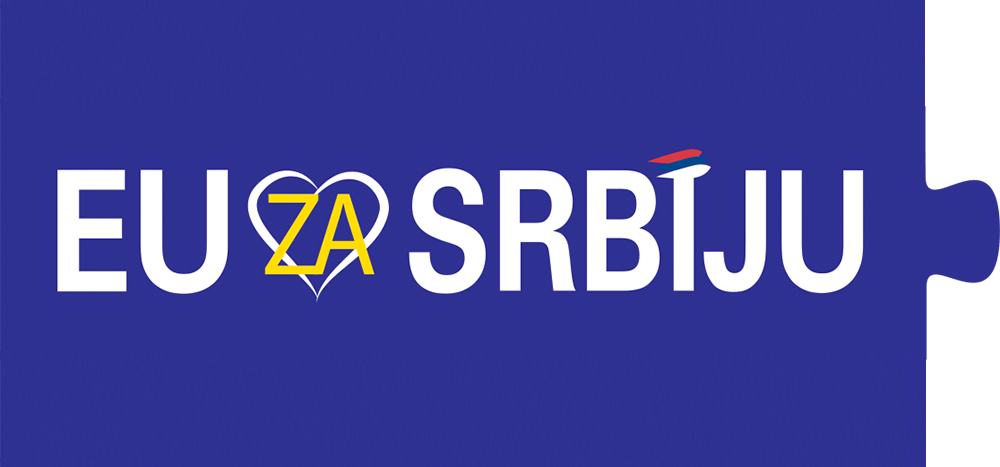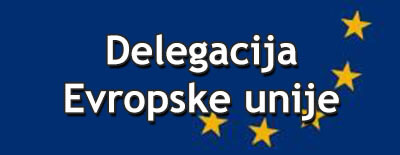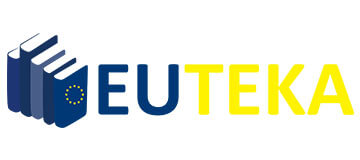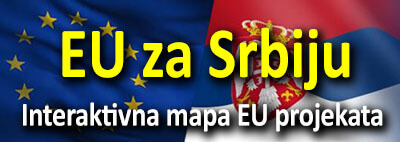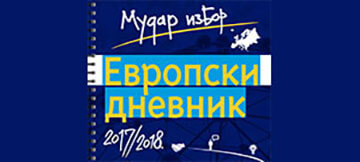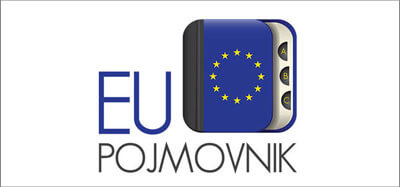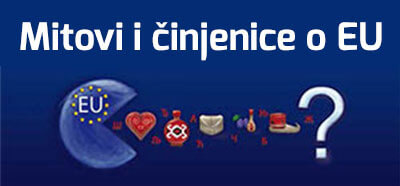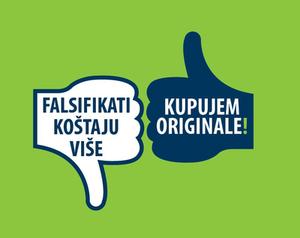16 June 2022
War is off the table. Let’s talk about life
The first thing you notice when you step into the yard of the Asylum Center in Vranje is the positive and relaxed atmosphere among the people. This should come as a surprise given that refugees from Ukraine, mostly women, and children, are housed here. However, when the conversation starts after the initial curiosity and brief instances of mistrust, you realize that you can talk to them about everything except the war that has been traumatizing Europe and the world for three months now. „The war started and it will end, but we have to live in the meantime“, says Maria who puts a full stop to further discussion of the events in her native Ukraine.
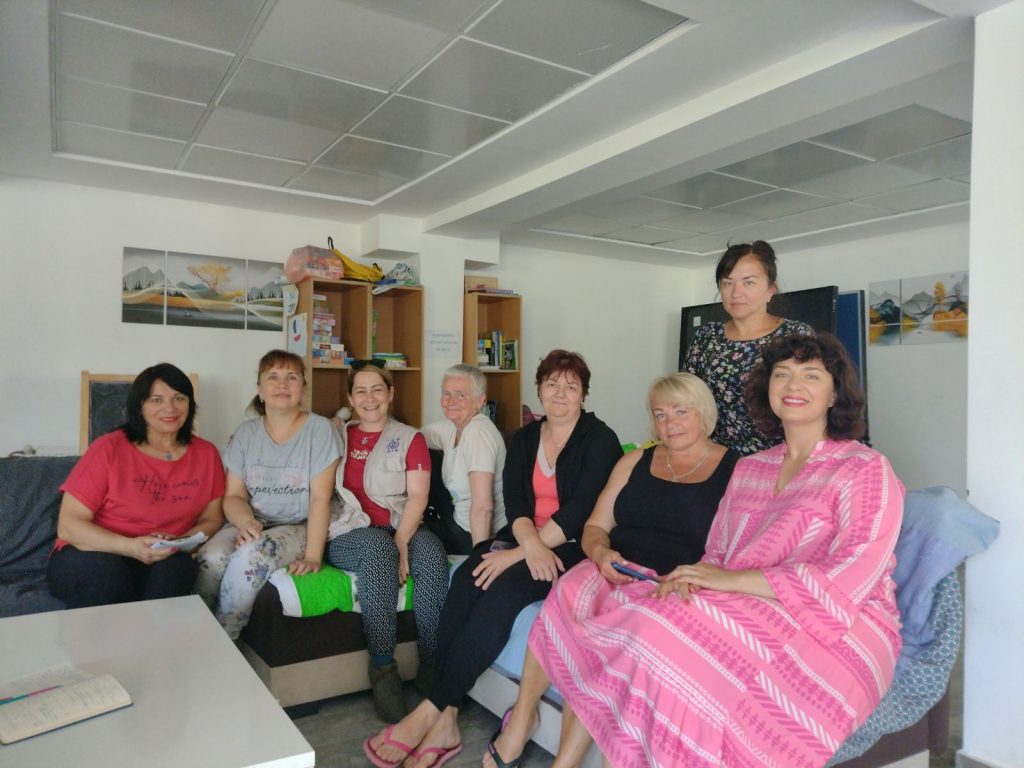
The Asylum center bustles with life. Breakfast time is drawing to a close in the canteen, the kitchen is being cleaned up with a roar, and the entrance hall is freshly scrubbed while the children are bobbing up and down the stairs. A group of people is getting ready to see the doctor, while 70-year-old Galina is gathering women for their regular exercise after breakfast. They all met here for the first time, yet they already resemble a large family. I greet them and get wide smiles in return from everybody. „The kitchen was in a constant mess at first,“ says Elvira, „then we made a work schedule, so now there’s no clutter nor mess.“ In the shared kitchen, two women are chopping groceries for lunch. One of the seven men, as many as there are in the AC, is sent away from the kitchen and laughingly told to go and be in the way someplace else.
They want to talk about Serbia. „Everything is beautiful here, I just can’t decide which is more beautiful, the nature of the people,“ says Julia with the approval of her compatriots. „We like to go for walks. When we are in the Center, we are always cooking and eating, so it is better to spend time outside. People in Vranje are kind to us. I visited the same shop twice and the third time the saleswoman started greeting me as if we had known each other all our lives.“
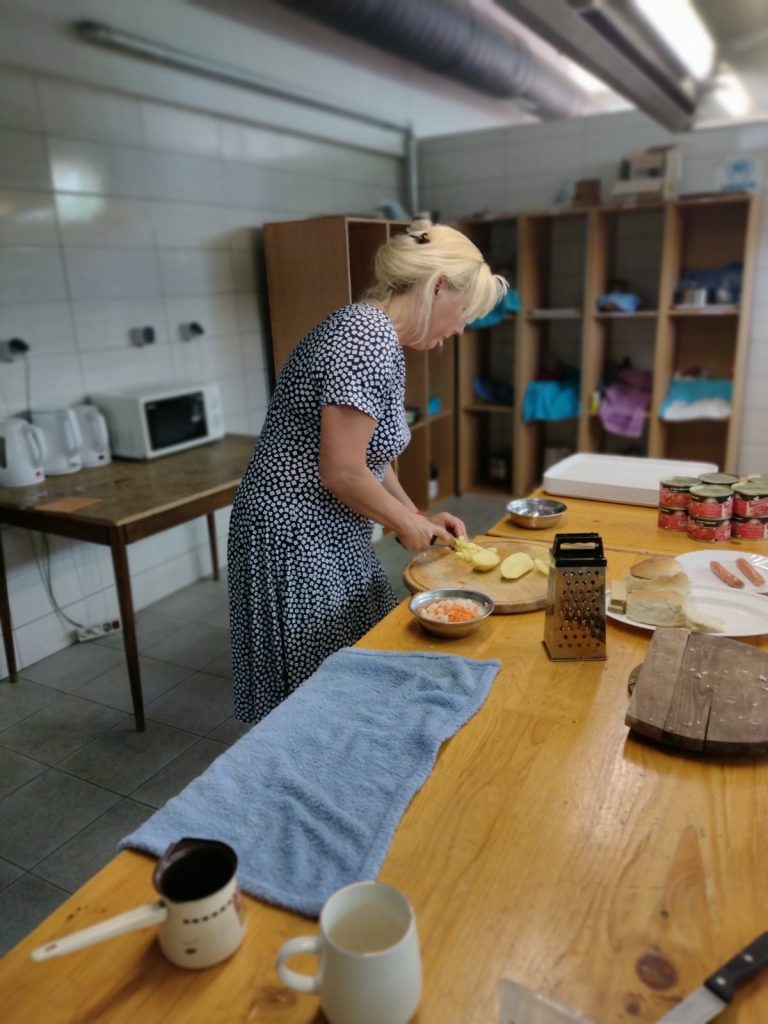
Most of them knew little about Serbia before coming to Vranje. They decided to seek refuge from the war here both because of family ties and the invitation of friends, while others came because their acquaintances told them that good people live in Serbia. „My husband said that we were going to Serbia because we would be supported there the most. Countries bordering Ukraine already received a large number of refugees. We are more likely to receive adequate support in Serbia than in one of the neighboring countries,“ Victoria explains her family’s decision to come to Serbia via Hungary.
When asked if Serbia is just a pit stop on the way to the EU, they unanimously answered that they would stay in Serbia until the conditions for returning to Ukraine were created. „We have everything here. Nice and clean rooms, separate for each family. The children go to school and have been well received there since day one. We are not worried about health care nor the administrative procedures, Serbia helps us with everything.“
The friendly relationship between the AC residents and the employees of the Commissariat for Refugees and Migration of the Republic of Serbia, a state institution that manages the Asylum Center in Vranje, is particularly striking. This and other centers in which the refugees and migrants are accommodated are supported by the European Union, which is the largest donor to Serbia in migration management.
The women hug Ivana, a woman in charge of the activities in the children’s corner, and say that she helps them a lot in disciplining the children. „Adults, too,“ adds Elena with a laugh of approval from the others, „we all started learning Serbian because of her.“
Thirteen children go to school, eleven attend the Radoje Domanović Elementary School, while two go to the Secondary School of Economics and Trade. If the number of school children increases, it is planned to enroll them in other schools, as well. „Teachers don’t ask too much from our children, they are aware that there is a language barrier. Everyone is full of understanding, which is the most important thing for our children and for us,“ says Elena.
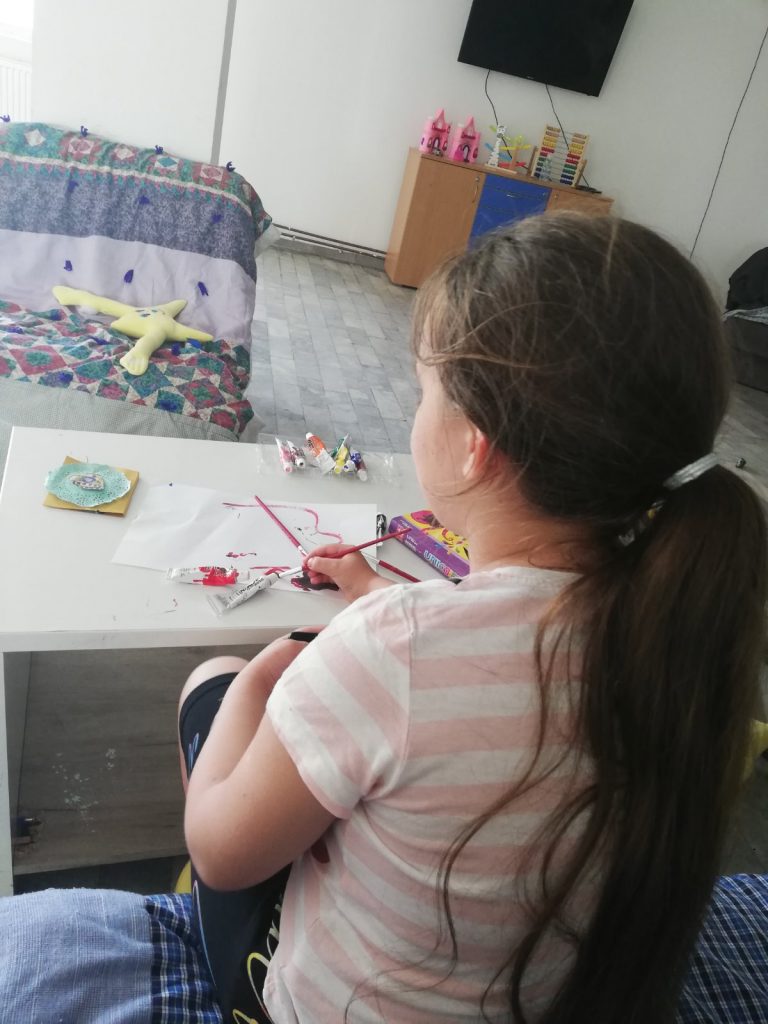
When asked if they lack something here, Victoria answers, „I miss my job not so much because of the money, our basic needs are met and more, but because I miss feeling useful. Plus, the time goes by faster.“
On the way out of the Center, I find Galina exercising with other women. She waves for me to join them, but I point to my injured knee and shake my head. She takes my hand and leads me to the side where she shows me exercises for the knee. „Many times, every day,“ Galina instructs me. A smile lifts up her face when I repeat her words to show that I understand.
By Milica Anđelković Jovanović


